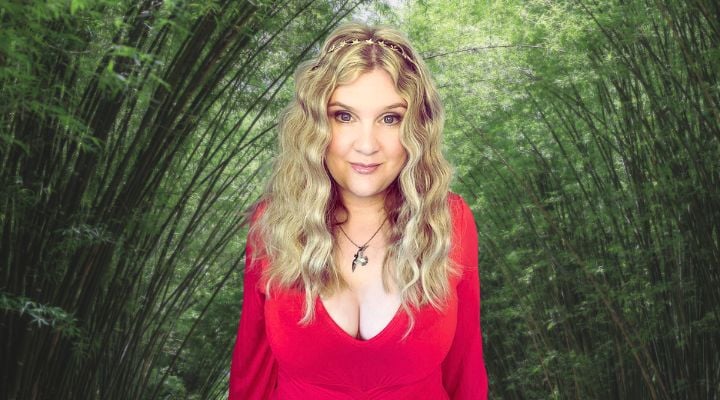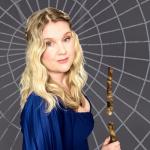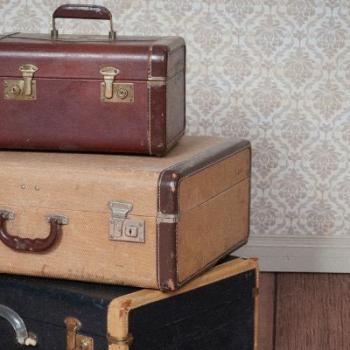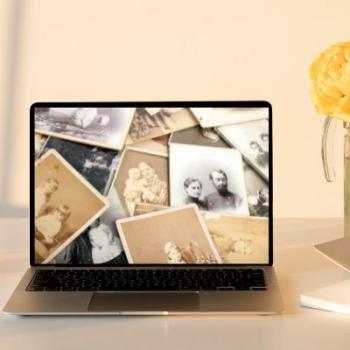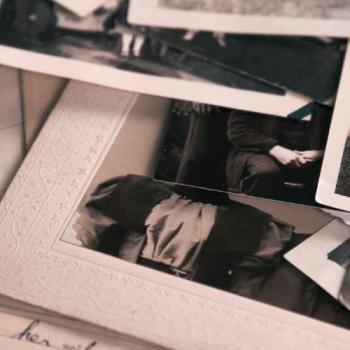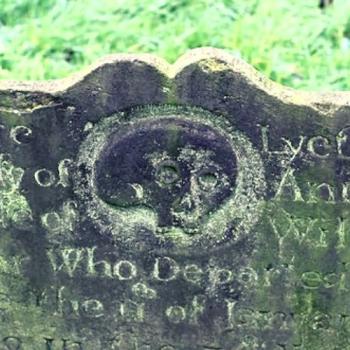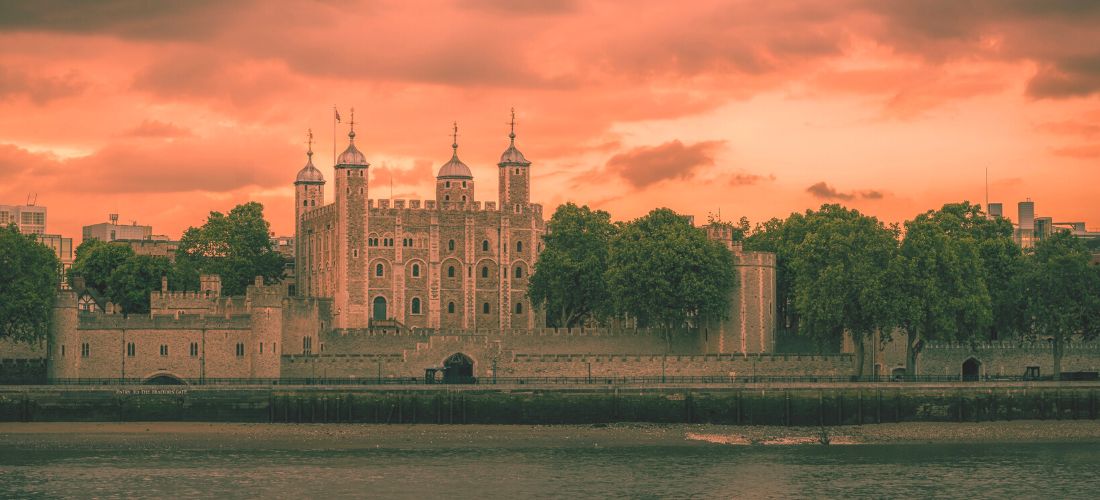
Queen Elizabeth died yesterday. It’s not over dramatic to say that a great ancestor has been created this very week. But how do we recognise the glory of our Queen whilst acknowledging the harm the British empire, with its figurehead of the ‘silent’ monarchy has done to many over the centuries?
In one of those strange coincidences of life, I’ve spent this month studying Transgenerational Trauma and inherited legacies of pain.
What happened to our ancestors, both genetic and cultural, affects our beliefs, and our mental and physical health today.
We’ve always understood how the stories of our elders are internalised by our subconscious’. Over the last century, we began to realise how the way we’re parented affects our attachment styles with our own children.
Now, epigenetics and fMRIs mean we are starting to uncover the way the traumatic experiences of our ancestors are carried within our DNA. It’s both fascinating and slightly scary reading.
Queen Elizabeth, although to the world it looked like she lived a privileged and financially comfortable life, was as trapped in ancestral legacy burdens as you can get.
A woman who gave her life to the service of her country from a time of post-war expectation, through the changing opinions of the silver jubilee punk era, and right up to the present day.
Seventy years of continual service.
No retirement. No promise of retirement in the future. Her houses, many of her family heirlooms and treasured possessions were not hers to mess up or sell as she wished.
As did the first Queen Elizabeth, our Queen became a metaphor for the energy and strength of England. She was the face and the id of the country. No monarch across the world had a greater link with the world perception of their country.
Throughout my life, I’ve identified as “not a royalist”, but what does that even mean?
I’m not overly sure anymore, for all the faults of Queen Elizabeth I, I identify with her and Anne Boleyn as kin, as though they are my own personal ancestors. Does that make me a royalist? Or just a person who is in touch with their own surname genealogy? (Long story)
My parents were socialists. My dad constantly reminded me of how the Queen propped up the class system, which in the UK is basically a feudal system which has remained surprisingly unchanged since 1066.
Somewhat conflicted, my mother was socialist to the core, but loved the Queen and the royal family.
I can’t ignore the sheer depth of sadness I feel about the death of Queen Elizabeth. Our sovereign. It really is the end of an era.
And yet, her ancestral line gave us William of Orange; the extreme rich/ poor divide of the Georgian era; and Empress Victoria. How can I ignore the atrocities of the British Empire over the centuries?
We have a complicated history with monarchy in the UK. Firstly, it can be argued that she’s only the Queen of England, with Wales, Scotland, and Northern Ireland being taken by force or oppressed. British history leaves not only a stain on the colonies who are now free, but on our own set of islands too. I remember as a child finding a version of the national anthem which included a line about crushing rebellious Scots, hard reading when you also have Scottish ancestry.
Not everyone living in the non-English part of the UK feels the same conflicted confusion as I do. Our new King started off as the Prince of Wales (although let’s face it, this title has its own legacy burdens too), and there’s the complex history of Northern Ireland to consider.
The ‘bloodless revolution’ in 1688 means the British monarchy has been a figurehead rather than ruling for centuries.
Back before most of Europe had even considered it a viable option, the very British swing in opinion from “Off with his head”, to “This is rubbish, bring back the King” meant replacing the monarchy with parliament was likely to have been a dangerous option.
So, arranged by parliament (who were made up of landowners, mostly the feudal lords whose families had been in that position for generations), Catholic King James was replaced by Protestant William and Mary. The agreement of a monarch as a statesperson, but not allowed to make decisions has stayed with us since then. You could argue however, just how silent William of Orange really was.
But whilst few decisions were made by the monarchy, many were made in the name of Kings and Queens of Britain.
Understanding transgenerational trauma and legacies of burden, how then do we reconcile the revering of our own Elizabeth, with the generational harm of the British empire?
Elizabeth will go down in history, I can’t imagine there being another monarch who will be a statesperson for seventy years. She will be remembered with fondness and affection.
But for me, it’s important that whilst we spend this time honouring our Queen, we also remember the legacies of pain which are passed down from the harm caused by the British Empire. Acknowledging the transgenerational burdens is part of the process towards helping them to heal.

